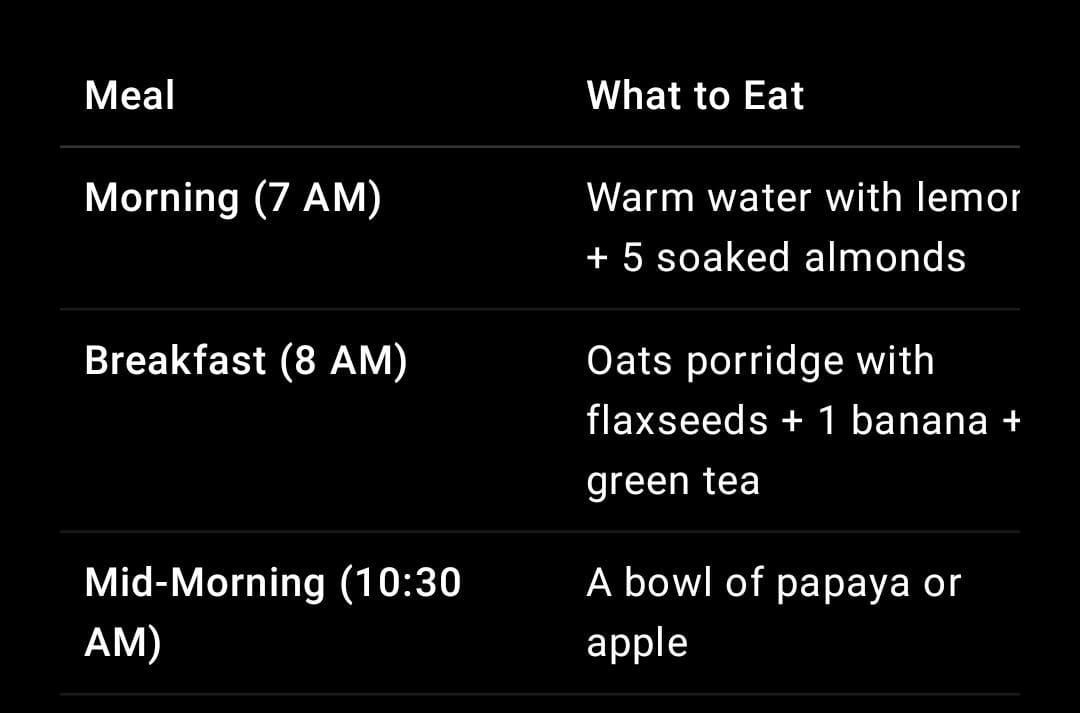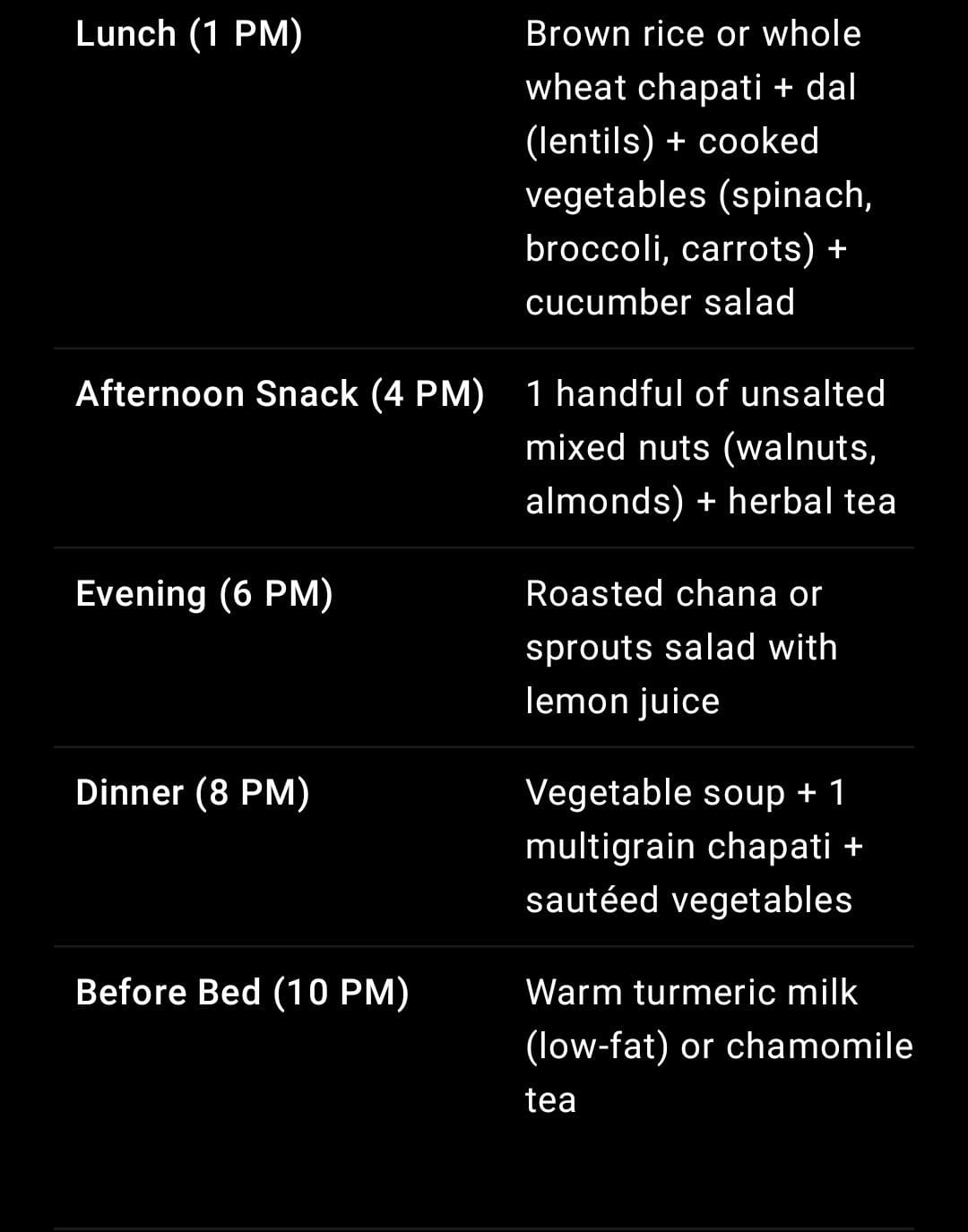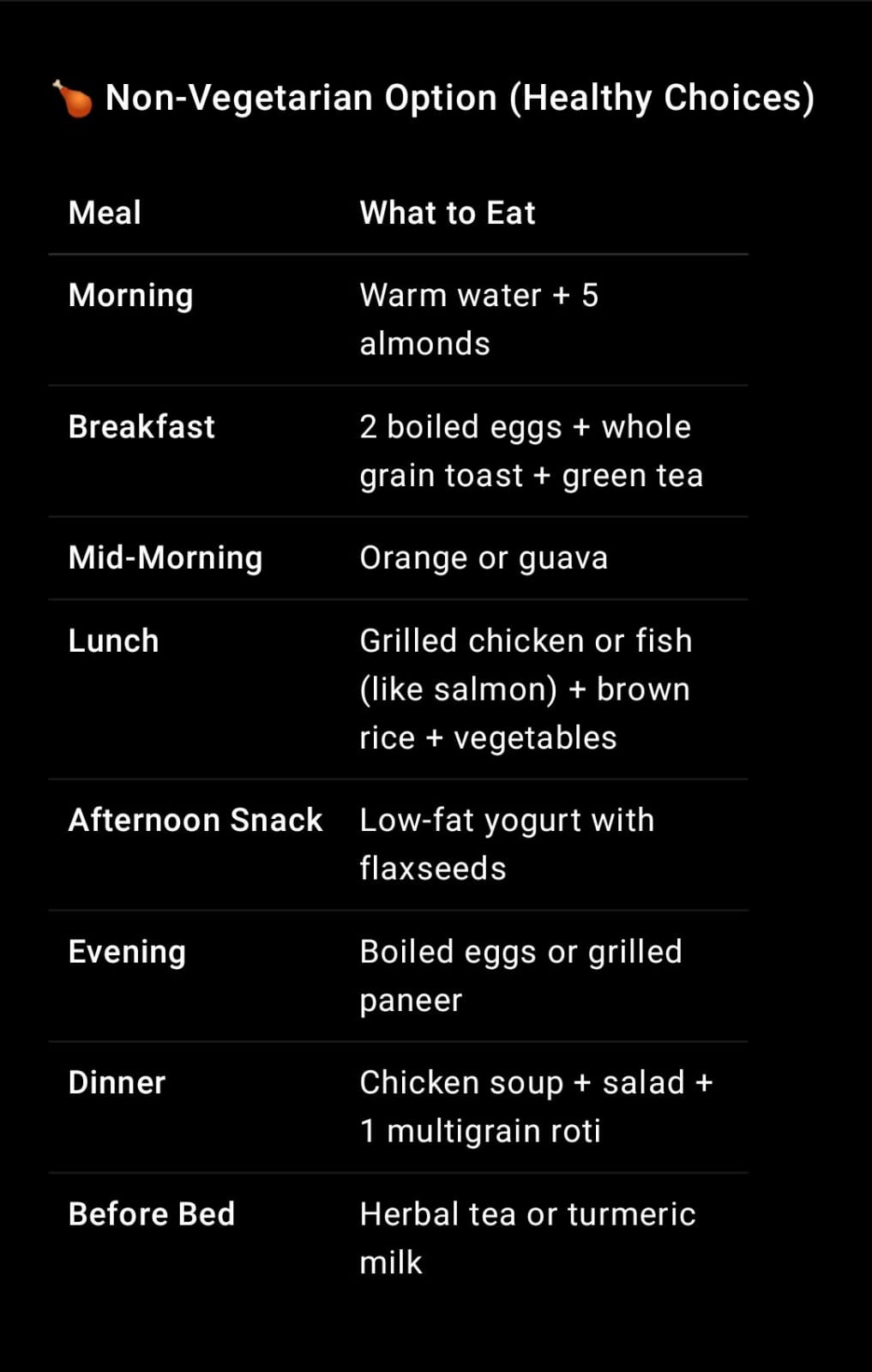Health Desk
Tv10punjab
Introduction: What is Cardiac Arrhythmia?

Cardiac arrhythmia means an irregular heartbeat. It happens when the electrical signals that control the heartbeat do not work properly. The heart may beat too fast (called tachycardia), too slow (called bradycardia), or in an irregular way.
It can be harmless in some people but dangerous in others, especially if it affects how well the heart pumps blood.
Types of Cardiac Arrhythmia
- Tachycardia
This is when the heart beats faster than normal – usually over 100 beats per minute at rest.
- Bradycardia
This is when the heart beats slower than normal – usually below 60 beats per minute at rest.
- Atrial Fibrillation (AFib)
The most common type. It causes a fast and irregular heartbeat due to poor electrical control in the upper chambers (atria).
- Ventricular Fibrillation
A very serious condition where the lower chambers (ventricles) quiver instead of beating properly. It can cause sudden cardiac arrest.
- Premature Heartbeats
Also called premature contractions. These are early heartbeats that feel like skipped beats or fluttering.
What Causes Cardiac Arrhythmia?
Many things can cause an irregular heartbeat. Some common causes include:
Heart disease or damage
Like after a heart attack or due to high blood pressure
Electrolyte imbalance
Low potassium, calcium, or magnesium levels
Thyroid problems
An overactive or underactive thyroid can affect the heart
Stress and anxiety
Strong emotions or panic attacks can trigger irregular rhythms
Stimulants
Such as caffeine, alcohol, nicotine, or illegal drugs
Medications
Some over-the-counter or prescription drugs can affect heart rhythm
Sleep apnea
Can lead to arrhythmia over time
Who is at Risk?
Some people are more likely to have arrhythmias than others. Risk factors include:
Age over 60
Family history of heart disease
High blood pressure or cholesterol
Diabetes
Smoking
Obesity
Lack of physical activity
Excessive alcohol or caffeine use
Common Symptoms of Cardiac Arrhythmia
Not all arrhythmias cause symptoms, but some people may feel:
Palpitations (fluttering or pounding feeling in the chest)
Dizziness or lightheadedness
Fainting or near-fainting
Chest pain
Shortness of breath
Weakness or fatigue
Confusion
In serious cases, arrhythmia can lead to stroke, heart failure, or sudden cardiac arrest.
How is Cardiac Arrhythmia Diagnosed?
Doctors use different tests to check for arrhythmias. These include:
Electrocardiogram (ECG or EKG): Records heart’s electrical activity
Holter monitor: A portable ECG worn for 24–48 hours
Event monitor: Worn for longer periods to catch irregular episodes
Echocardiogram: Uses sound waves to make pictures of the heart
Stress test: Monitors heart during exercise
Electrophysiology study (EPS): A special test to find the type and cause of arrhythmia
Treatment for Cardiac Arrhythmia
The treatment depends on the type of arrhythmia and how serious it is. Common treatments include:
- Lifestyle Changes
Eating a heart-healthy diet
Reducing caffeine and alcohol
Quitting smoking
Regular exercise
Managing stress
- Medications
Doctors may prescribe medicines like:
Beta-blockers
Calcium channel blockers
Antiarrhythmic drugs
Anticoagulants (blood thinners) to prevent stroke in AFib
- Medical Procedures
Cardioversion: A shock is given to restore normal rhythm
Catheter ablation: Destroys the part of the heart causing arrhythmia
Pacemaker: A device implanted under the skin to control slow heartbeat
Implantable Cardioverter-Defibrillator (ICD): Shocks the heart if it detects a dangerous rhythm
How to Prevent Cardiac Arrhythmia
✅ Do’s
Eat a healthy, balanced diet
Keep blood pressure and cholesterol under control
Stay physically active
Manage stress with yoga, meditation, or deep breathing
Get regular checkups
Sleep 7–8 hours every night
❌ Don’ts
Avoid tobacco and drugs
Limit alcohol and caffeine
Don’t skip prescribed medicines
Don’t ignore symptoms like dizziness or palpitations
Best Diet Plan for People with Arrhythmia
Eating the right food can help keep the heart healthy and reduce the chances of arrhythmia.
🥗 Heart-Healthy Diet Plan (Vegetarian Option)
Meal What to Eat
Morning (7 AM)
Warm water with lemon + 5 soaked almonds
Breakfast (8 AM)
Oats porridge with flaxseeds + 1 banana + green tea
Mid-Morning (10:30 AM)
A bowl of papaya or apple

Lunch (1 PM)
Brown rice or whole wheat chapati + dal (lentils) + cooked vegetables (spinach, broccoli, carrots) + cucumber salad
Afternoon Snack (4 PM)
1 handful of unsalted mixed nuts (walnuts, almonds) + herbal tea

Evening (6 PM)
Roasted chana or sprouts salad with lemon juice
Dinner (8 PM)
Vegetable soup + 1 multigrain chapati + sautéed vegetables
Before Bed (10 PM)
Warm turmeric milk (low-fat) or chamomile tea
🍗 Non-Vegetarian Option (Healthy Choices)

Meal What to Eat
Morning
Warm water + 5 almonds
Breakfast 2 boiled eggs + whole grain toast + green tea
Mid-Morning
Orange or guava
Lunch
Grilled chicken or fish (like salmon) + brown rice + vegetables
Afternoon Snack Low-fat yogurt with flaxseeds
Evening
Boiled eggs or grilled paneer
Dinner Chicken soup + salad + 1 multigrain roti
Before Bed
Herbal tea or turmeric milk
Foods to Include in Diet
Whole grains (oats, quinoa, brown rice)
Fresh fruits (berries, oranges, apples)
Leafy green vegetables (spinach, kale)
Healthy fats (avocados, nuts, olive oil)
Omega-3 rich foods (flaxseeds, walnuts, fish)
Low-fat dairy
Legumes and beans
Foods to Avoid
High-sodium foods (processed and packed foods)
Fried and fast foods
Red meat and full-fat dairy
Sugary drinks and sweets
Excess caffeine
Alcohol and tobacco
Natural Remedies That May Help
Always talk to your doctor before using any natural remedies.
Magnesium-rich foods (like spinach, pumpkin seeds)
Potassium-rich foods (like bananas, sweet potatoes)
Hawthorn berry (may improve heart function)
Omega-3 supplements
Coenzyme Q10 (CoQ10)
Emotional and Mental Health
Stress and anxiety can worsen arrhythmia. Some simple ways to manage emotional health include:
Practice deep breathing for 10 minutes daily
Meditation and yoga
Listening to calming music
Talking to family or a counselor
Taking breaks from screen and social media
Conclusion
Live Smart with a Healthy Heartbeat
Cardiac arrhythmia may sound scary, but with proper care, many people live full and active lives. Early diagnosis, healthy habits, and regular doctor visits can help keep your heart beating right.
Eat healthy, move daily, avoid triggers, and don’t ignore unusual heart feelings. Your heart is your engine—take care of it.